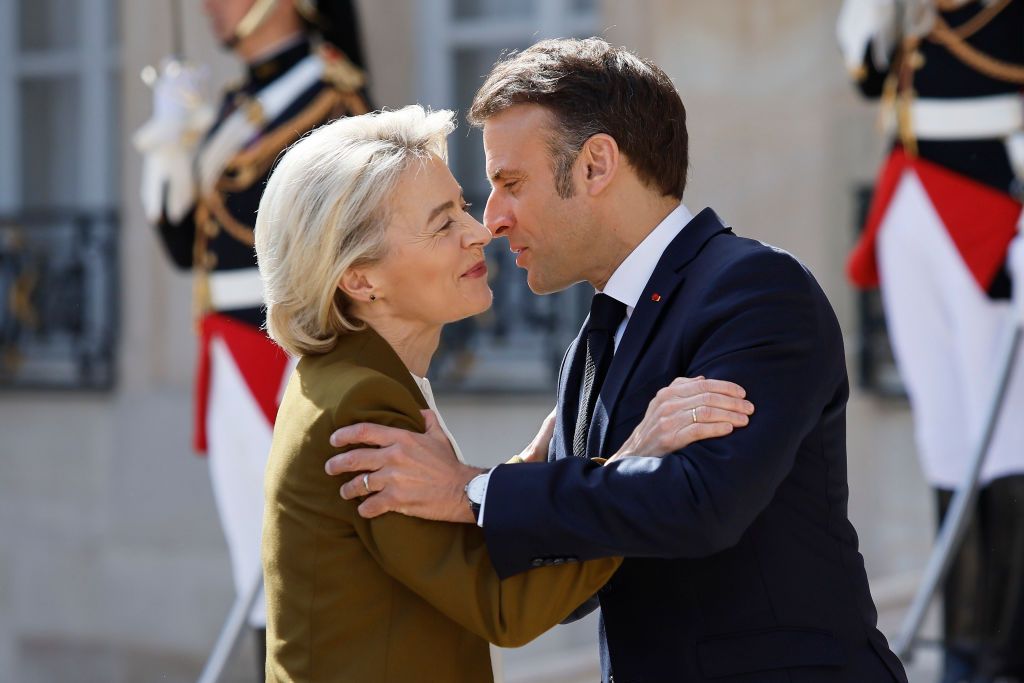European Commission says Ukraine ready to start accession talks

The European Commission supported the start of accession talks with Ukraine, Prime Minister Denys Shmyhal said on June 7.
"Now we expect our European partners to take the next step – to start the membership negotiations already this month," Shmyhal wrote on Telegram.
Ukraine received EU membership candidate status in June 2022. In November 2023, the European Commission recommended launching accession talks with Kyiv. The European Council then agreed in December to open accession talks with Ukraine and Moldova.
Radio Free Europe/Radio Liberty's journalist Rikard Jozwiak reported that the EU's executive arm confirmed that both Ukraine and Moldova "have fully completed all steps to start talks."
For talks to begin, the EU needs to unanimously agree that Ukraine has undertaken measures to improve issues like corruption and the protection of minority languages. Hungary is expected to raise objections, mainly regarding minority rights.
Budapest has repeatedly claimed that the Hungarian ethnic minority concentrated in southwestern Ukraine is discriminated against due to Kyiv's language laws.
Ukraine denies the allegations and updated its national minorities law at the end of 2023 in line with the EU's recommendations.
EU and Ukrainian officials are reportedly pushing for the talks to start by June 25 before Hungary takes the presidency of the EU Council in July.
Relations between Kyiv and Budapest became particularly tense throughout the full-scale war, as Hungary maintained close ties with Russia and obstructed aid to Ukraine and sanctions against Moscow.













